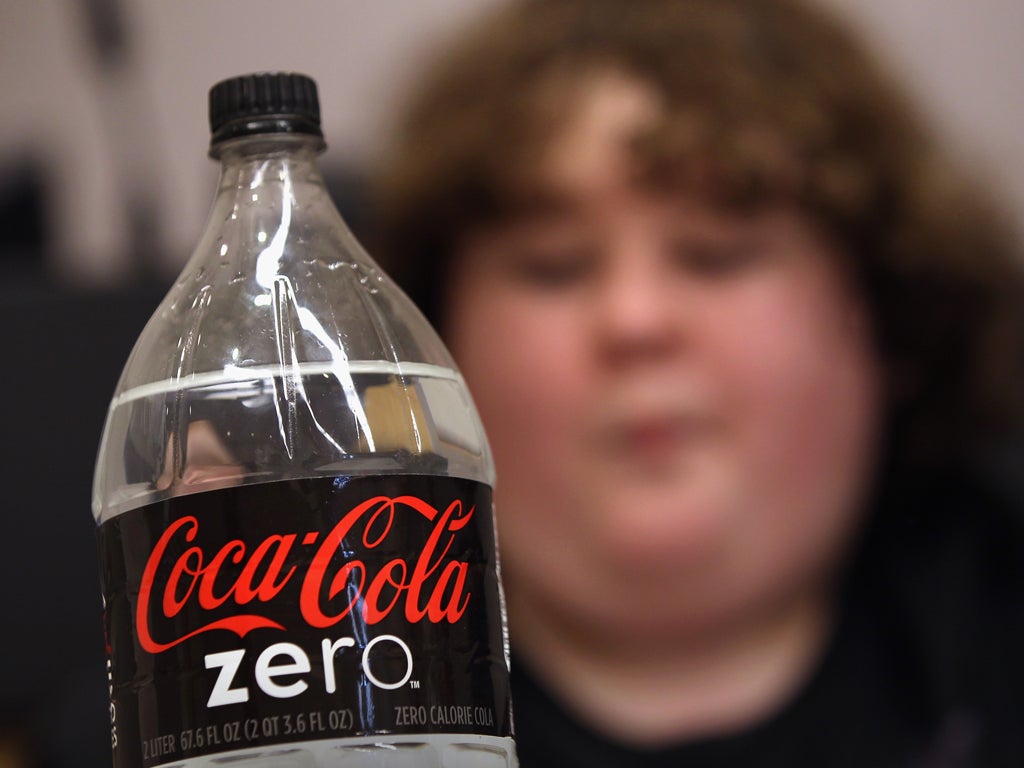Obesity operations should not be a 'quick fix' - we're failing to tackle the real problem
Research has shown that obesity surgery patients don't receive the appropriate care to ensure lifestyle changes pre and post-operation.

Right now, it’s possible to make one phone call and within a week, be lying in hospital following a gastric bypass.
Obesity surgery on the NHS has been rising by about 10% each year, with over 8,000 radical weight loss operations taking place in the last year and probably thousands more paid for privately.
Not all people with obesity have eating disorders, but many people with eating disorders are obese. Anorexia is the most talked about eating disorder, but it is also the least common, meaning that illnesses such as Compulsive Over-Eating and Binge Eating Disorder are kept out of the limelight, not getting the attention or awareness they deserve or need.
We’ve had campaign after campaign, free sports lessons, free diet advice, nutritional information splashed across websites and menus and more programmes and more articles about dieting and weight loss than you can shake a stick at, but where are the results? Rather than encouraging people to make healthy choices, eat a balanced diet and get a bit of exercise, many make half-arsed attempts at dieting, fall off the wagon and feel more inadequate than they did in the first place.
"Eating is directly connected with emotions"
There’s something missing, and that is that we don’t acknowledge or address the fact that eating is directly connected with emotions. Overeating and resulting obesity are not signs of weakness or greed, but of something that, if we paid more attention to it, could have a dramatic effect on the health of the nation and reduce the demand for operations which are seen as a ‘quick fix’.
A review by The National Confidential Enquiry into Patient Outcome and Death found that less than a third of patients who undergo obesity surgery received any kind of psychological counselling before their operation and worryingly, a quarter of consent forms didn’t contain appropriate information about the treatments, including the physical risks, and the follow-up was also lacking. In a country with such a huge problem with obesity, you’d think we would have formed some idea of how to tackle it, but it appears not.
I find it absolutely appalling that psychological profiling or counselling is not a mandatory part of the referral process before such drastic and life changing action is taken. Sometimes, no thorough checks are made at all to ensure that a person truly understands what impact their surgery will have on them. But if the psychological aspect of over-eating is ignored, then those emotional connections, urges, temptations and cravings will undoubtedly continue whatever bands or staples are thoughtlessly thrown into the mix.
"There’s a horrible tendency to look with disgust upon those who turn to food to make themselves feel better"
Insatiability is not simply a hunger for food; it is the desire to fill a void. Some choose to fill that void with alcohol, some with drugs, some self-harm, some starve and some eat. Often, but not always, we pity those who turn to drugs to deal with depression and we feel sorry for those who feel they have to become emaciated because otherwise they feel worthless. But there’s a horrible tendency to look with disgust upon those who turn to food to make themselves feel better, or those who binge to numb their emotions.
We turn our noses up at people who can’t control their food intake and feel too ashamed to get their bodies out in the gym. We bully them collectively whenever they’re on TV (you only have to follow Twitter feeds during certain Dr Christian Jessen fronted programmes to know that) and certain columns down the right hand side of certain websites say things such as “poured her curves” as though having any excess of fat is some form of disease. It’s disgraceful, but on it goes. Not the most sensible approach to a problem fuelled by crushing low self-esteem is it?
I’m not trying to stand up and say that every obese person has some tragic event in their past which they’re trying to cover up by way of inhaling multipacks of crisps, some people really do just love food, have no problem with being overweight and are happy with that, which is fine. But those who are morbidly obese, those whose lives are in real danger, who have been diagnosed with Type 2 diabetes and are at risk of heart disease, those who can’t run around after their kids, can’t have sex, get breathless walking up one flight of stairs, who can’t clothes shop for fear the high street doesn’t stock their size and those who have gone past the point of believing they are able to do anything about it themselves, are all likely to have something much deeper at play than an overactive appetite.
Many people who make that phone call, desperate enough to go under the knife without even being fully aware of the risks and whose lives will change forever as a result will be suffering. It could be from depression, stress, PTSD, anxiety or an eating disorder or something else, but knowing that their health is at stake and carrying on regardless is a sign of addiction, of dependence and surely, of ill health.
"The real problem is in the mind"
Treating obesity with physical surgery alone is not fixing the problem; it isn’t even putting a plaster over it because the real problem is in the mind. Not offering a multi-disciplinary approach, including work with counsellors, dieticians and physiotherapists to morbid obesity (as they do in Holland – well done, Holland) is as illogical as giving an anorexic person a Big Mac.
Join our commenting forum
Join thought-provoking conversations, follow other Independent readers and see their replies
Comments
Bookmark popover
Removed from bookmarks